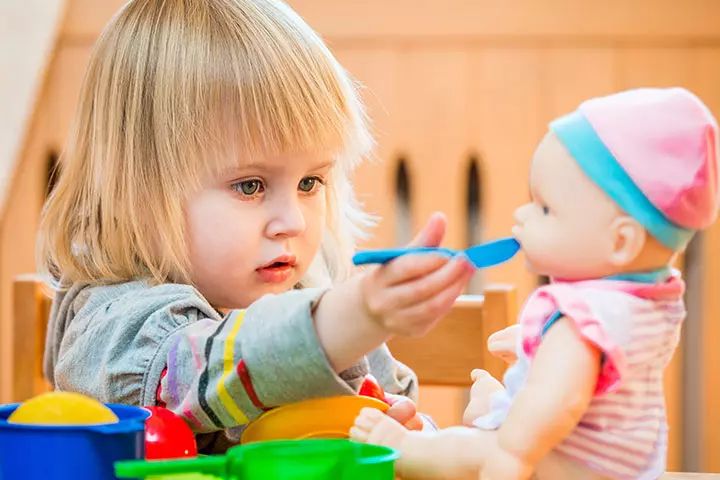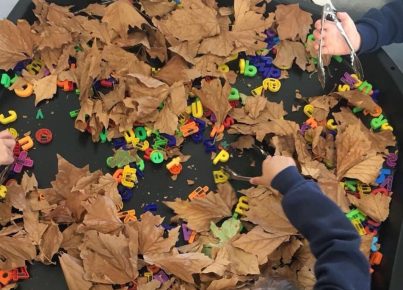1. Nature Scavenger Hunt: Create a list of items for children to find in nature, such as different types of leaves, rocks, or flowers. Turn it into a fun adventure by setting a time limit and encouraging teamwork.
2. Sensory Bins: Fill a large container with materials like sand, water, rice, or shredded paper. Add objects for children to find and explore using their sense of touch.
3. Neighborhood Walk: Go on a walk with children around the neighborhood and challenge them to observe their surroundings, recognizing landmarks, and identifying new plants and animals.
4. Build Your Own Telescope: Teach children about stars and constellations by helping them construct a simple telescope using paper towel rolls, mirrors, or lenses.
5. Gardening Club: Start a gardening club for kids where they can learn about different types of plants, how to grow them, and the importance of caring for the environment.
6. Mapping Adventure: Develop map reading skills by providing children with simple maps of their local area and sidewalks chalk to draw on pavement as they navigate or create treasure hunts.
7. Simple Science Experiments: Encourage curiosity by involving kids in safe science experiments that can be done at home such as making slime or testing the pH levels of various household substances.
8. Building Challenges: Provide children with building materials like Legos or cardboard boxes and pose challenges to create structures that can hold a specific amount of weight or withstand wind forces.
9. Tree Detective Game: Teach kids about the importance of trees in our lives with this exciting game in which they identify tree species based on leaves and other clues found nearby.
10. Homemade Weather Station: Guide children through creating their own weather station using household items like empty bottles or jars to measure rainfall, temperature changes or wind strength.
11. Mini Paleontologist Dig: Set up an area with soil or sand where kids can dig for “fossils” hidden inside, using tools like brushes or spoons and studying what they uncover.
12. Kitchen Math and Science: Let children help in the kitchen, learning about measurements, temperature, and chemical reactions while cooking a simple meal or dessert.
13. Backyard Wildlife Journal: Encourage children to observe local wildlife in their backyard by starting a wildlife journal, keeping track of the species they encounter and their behavior.
14. Inventor’s Workshop: Provide tools, materials, and support for children to design and create their own inventions that solve real-world problems or fulfill a need they see in the world.
15. Origami Fun: Teach kids the ancient art of paper folding with simple instructions to create animals, shapes, or even functional objects like boxes.
These 15 exploration activities will provide children with hands-on, engaging experiences that foster curiosity, creativity, and critical thinking skills that will serve them well throughout their lives.





